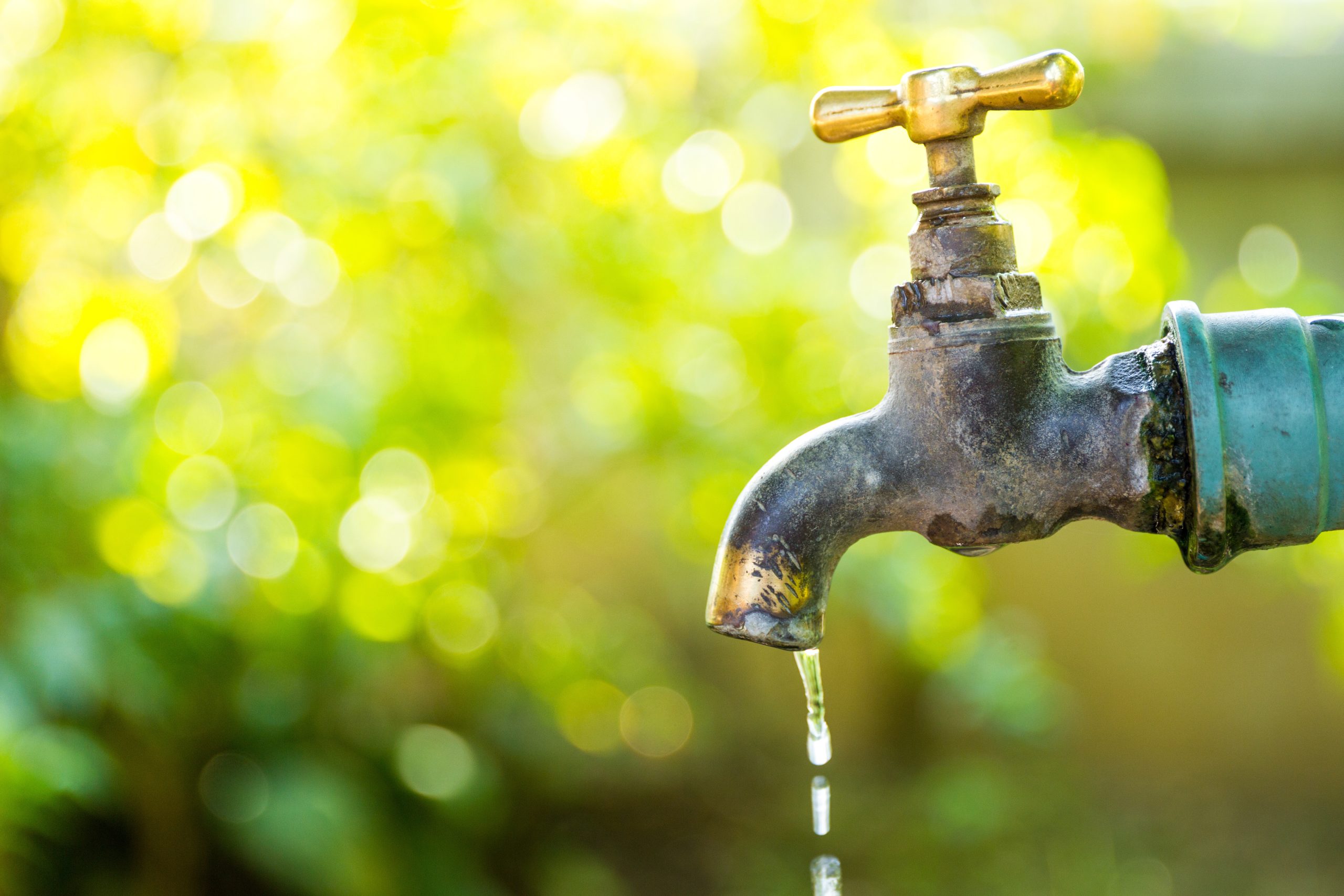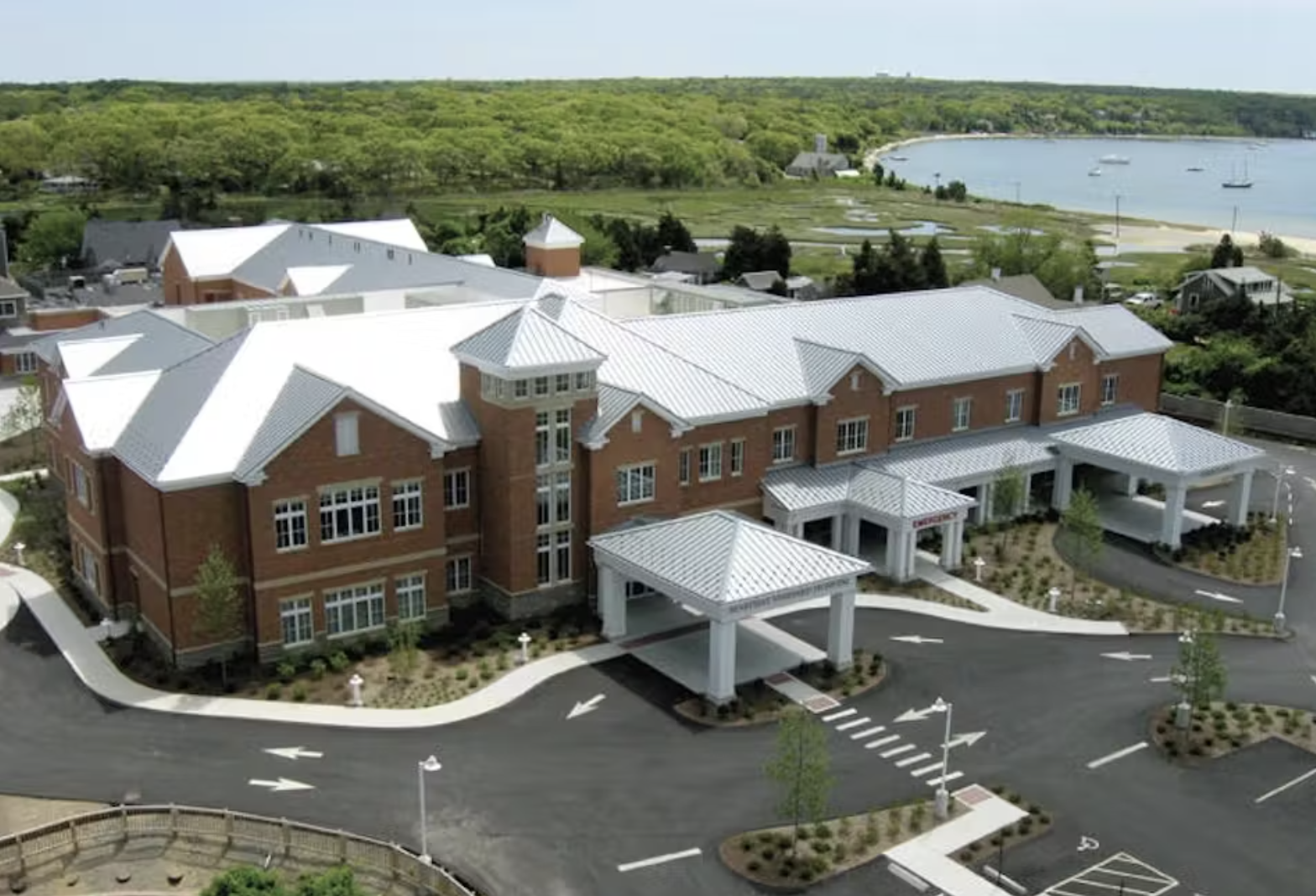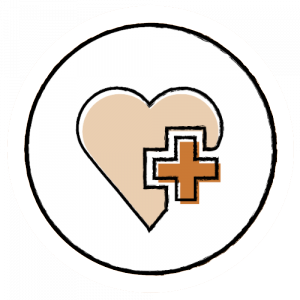
Public Health and Safety
The actions in this focus area strive to ensure that all people always have reliable access to – and a sufficient quantity of – affordable, nutritious food that meets their preferences and needs. Actions also focus on increasing locally-produced and regionally-sourced foods.
Page Links
Public Health and Safety Updates
🌱 Climate Action Resolutions: 5 Ways You Can Help Build a More Resilient Vineyard in 2026
Building Water Resilience on Martha’s Vineyard
Building Resilience at Martha’s Vineyard Hospital
Ways to Take Action
Challenges
The challenges associated with climate change are vast and varied, and will continue to evolve as climate change progresses. At the time of the Climate Action Plan’s creation, these challenges were at the forefront of the Public Health and Safety thematic area.
Facility Access
Wildfire Risk
Physical and Mental Health
Considerations
While climate change is a worldwide phenomenon, there are some aspects that are unique to the Martha’s Vineyard community. These considerations guided the detailed goals, objectives, and actions in the Public Health and Safety thematic area.
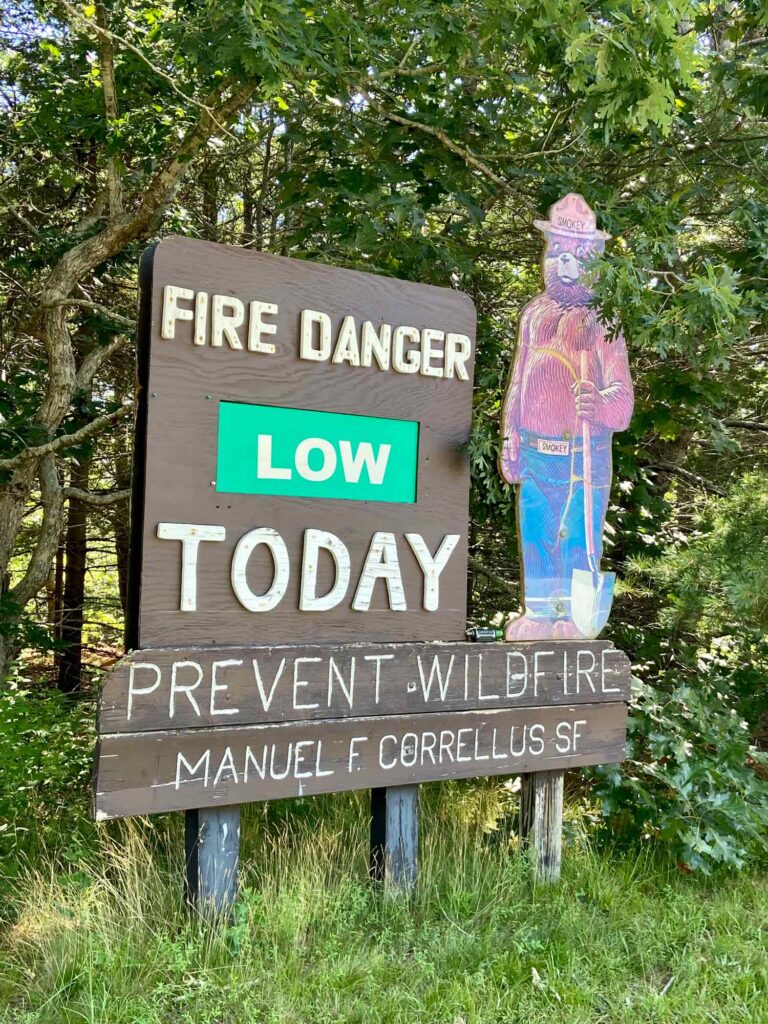
Health and Well-being
As our environment is stressed and degraded by climate change and other threats, it can affect our physical and mental health. Educating the community and medical professionals on these public health issues associated with climate change is key to our resilience.
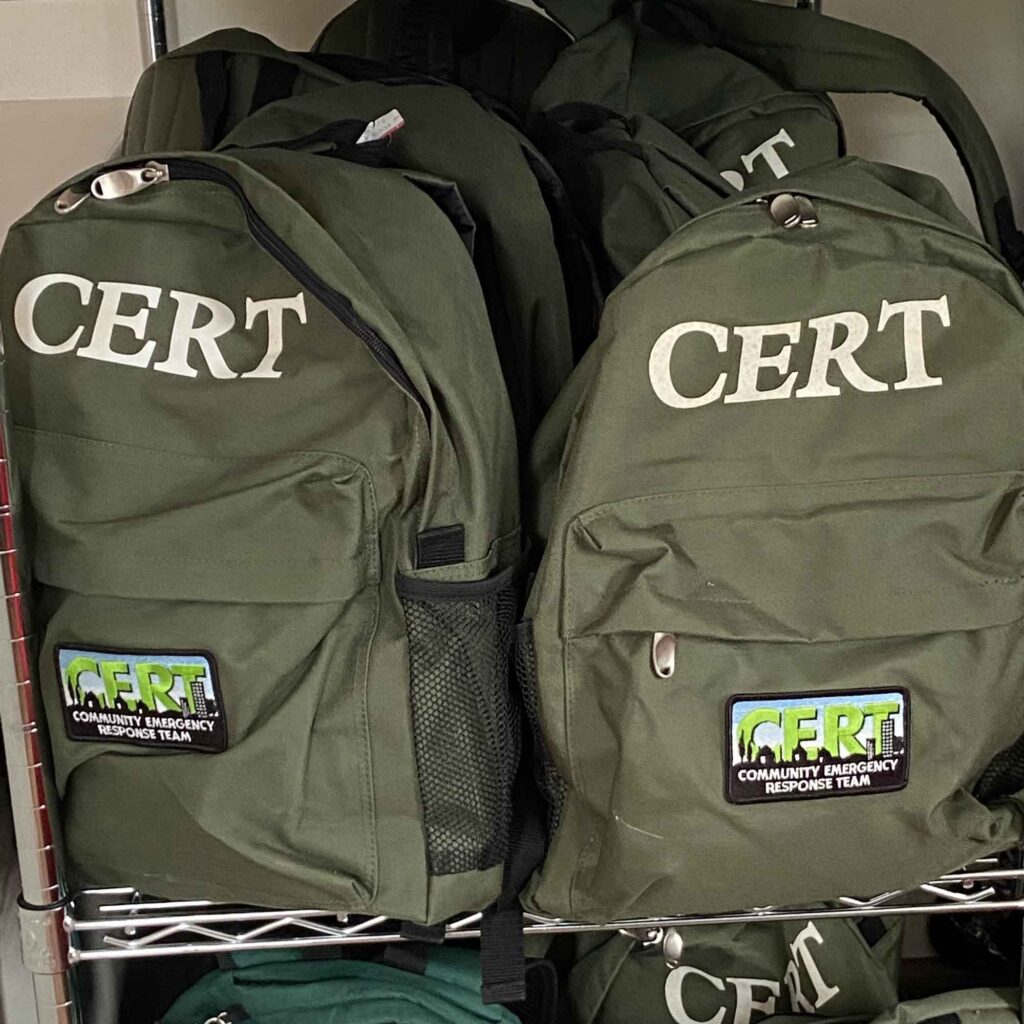
Safety First
Emergency Preparedness
Preparing for emergencies before they happen is important to keeping our community safe. Coordinated regional emergency planning can help island residents prepare for emergency events and respond to and recover from their impacts.
You have a role, too! Make sure your family and business are prepared for different climate impacts, like extreme heat, power outages, and extreme storms. If you are already prepared, support community resilience by helping your neighbors!
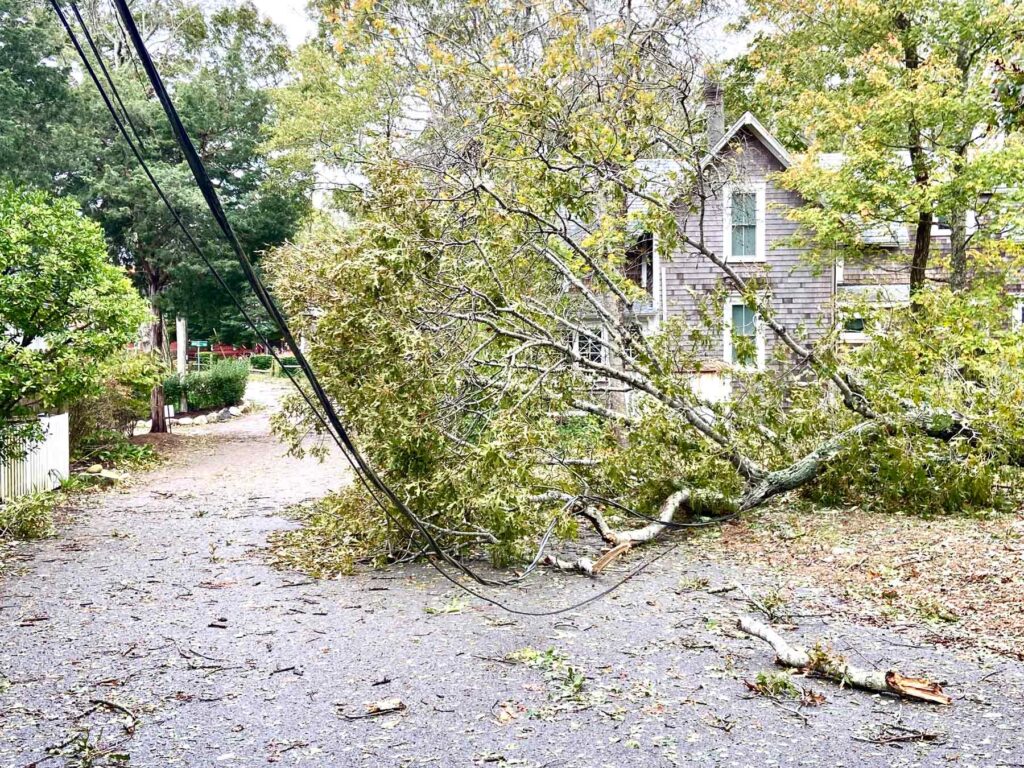
Most Vulnerable Community Members
Equity Considerations
Climate change will disproportionately impact those in our community who lack resources to prepare for the changes to come or respond to disaster events. Members of our community who are more vulnerable to changes in our climate include our large elderly population, those who suffer from respiratory conditions, outdoor workers, non-English speakers, and underserved communities who lack access to guidance and health care.
Actions include identifying vulnerable populations and providing information and resources to improve their resilience.
Public Health and Safety Goals and Action Plan
Awaiting Resources
In Progress
Complete
Goal 1
By 2040, for the safety of all residents and visitors, we have an effective County-wide emergency preparedness, response, and recovery system in place, including multilingual communication.
Objective 1
By 2024, we have a secure regional database of residents and homeowners, road associations, vulnerable populations, and key personal health needs to be managed by the regional emergency manager and/or Dukes County Emergency Management Association.
Action 1.1
Reach out to Aquinnah CERT and public health organizations to identify vulnerable populations and create database.
2023
Action 1.2
Towns identify residents, homeowners, and road associations, using Aquinnah as a test case.
2023
Action 1.3
Coordinate databases.
2023
Action 1.4
Remaining five towns accomplish Actions 1.1. and 1.2.
2024
Objective 2
By 2026 a permanent, full-time regional emergency manager is in place with town consent and financial support.
Action 2.1
Define roles and responsibilities and host agency of position.
2023
Action 2.2
Identify funding and hire position.
2025
Objective 3
By 2026 a preparedness, response, and post-disaster recovery plan has been adopted and will be overseen by the regional emergency manager in cooperation with all towns.
Action 3.1
Determine what emergency plans exist in each town (make public) and coordinate to determine necessary modifications.
2025
Action 3.2
Develop and implement regional emergency preparedness, response, and recovery plan.
2029
Objective 4
By 2026 one or more regional shelters are adequately stocked and staffed with certified shelter volunteers.
Action 4.1
Identify prospective sites, staff needs, populations served, purpose, and supplies/logistics, MOUs up to date.
2024
Action 4.2
Enhance volunteer training program.
2024
Objective 5
By 2026 a self-sustaining Island-wide Community Emergency Response Team (CERT) network is established, staffed, well-trained, and funded.
Action 5.1
Identify trainers, seek and train volunteers, determine age requirements for volunteers.
2022
Objective 6
By 2025, the Dukes County Community Wildfire Protection Plan is implemented, including training and specialized firefighting equipment.
Action 6.1
DCR/MVC/Fire Chief coordination.
2027
Goal 2
By 2040, Island residents understand environmental and climate change impacts to human health & well-being and everyone has access to support that builds self-sufficiency and resilience.
Objective 1
By 2023, a sub-committee of the Dukes County Health Council is developed to facilitate Island health care provider education related to public health threats of climate change.
Action 1.1
Propose sub-committee to Dukes County Health Council.
2022
Action 1.2
Recruit members to maintain a functioning group.
2022
Action 1.3
Survey health care members and organizations to understand knowledge and gaps in health impacts of climate change.
2023
Objective 2
By 2024, disseminate a set of Island-wide bilingual video and other outreach materials to educate the public about the health impacts from climate change on the following topics: Updated overview/summary of how various health impacts link to climate change; Wildfire; Floods; Temperature extremes; Vector-borne disease; Food security; Food and water-borne disease ; Air pollution, allergens, and pollen; Mental health and stress-related disorders.
Action 2.1
Create tracking spreadsheet of educational material and where it is disseminated.
2022
Action 2.2
Create a bilingual one page document and video with an overview that connects health impacts, climate change, and environmental health.
2022
Action 2.3
Gather existing or create new materials.
2022
Action 2.4
Disseminate materials through Dukes County Health Council, community partner networks, and outreach events.
2024
Objective 3
By 2025, the subcommittee works with inter-Island Public Health Excellence Collaborative to conduct quarterly outreach events for health care providers and other targeted groups.
Action 3.1
Work with town health agents to agree on topics covered and target audience/approach.
Ongoing
Action 3.2
Implement quarterly outreach events through coordination with experts and key audiences.
Ongoing
Action 3.3
Propose for Rural Scholar to conduct a study on the impacts of climate change on human health on Martha’s Vineyard.
2023
Thematic Working Group Members
Gerry Green
Graysen Kirk
Tom Zinno
Mary Jane Williams
Jennelle Gadowski
Dr. Alethia Donahue
Emily Thanhauser
Dick Johnson
Chrissie Laury
Russ Hartenstein
Kate Shands
Nelson Wirtz
Reverand Steven Harding
Alexis Babaian
Patrick Roden-Reynolds
Marina Lent


